Where do you get your vitamin K2? Are you getting enough?
It’s very important for bone health (a recent article looks at the effect on osteoporosis: http://esciencecentral.org/journals/osteoporosis-treatment-with-functional-food-factor-vitamin-k-2329-9509.1000e108.pdf) plus has lots of other important roles in the body.
The RDA is 80-120ug but Kate Rhéaume-Bleue, author of Vitamin K2 and the Calcium Paradox suggests this might be too low.
Certain cheeses, butter from grass-fed cows, kefir (and possibly homemade yogurt) are good dairy sources. If you avoid dairy then liver/offal, free-range egg yolks, meat and homemade sauerkraut, plus possibly bone marrow are your best sources (natto is the best source but I’ve yet to meet anyone eating that here in the UK!) Weston A Price found butter oil to be high in K2 as well as fish roe. If you are not eating much liver/offal or fish roe and you avoid dairy, you could well be deficient and not know about it.
Chris Masterjohn wrote a very comprehensive article on K2 on the Weston A Price website which you can read here: http://www.westonaprice.org/health-topics/abcs-of-nutrition/on-the-trail-of-the-elusive-x-factor-a-sixty-two-year-old-mystery-finally-solved/
Chris Kresser has a great article here: http://chriskresser.com/vitamin-k2-the-missing-nutrient. And there is another good article on the Paleo Leap website: http://paleoleap.com/vitamin-k2/
How much vitamin K2 do different foods contain?
I have searched and searched and it is hard to find many reliable sources of information on which foods contain K2 and how much. I have found the following 2 tables. The first is from Chris Masterjohn’s article (the references are included in the article). Aside from natto, the next best measured source is goose liver paste (pate). I see a lot of articles saying that liver is a good source but without references. Chicken liver in the below table is much lower in K2 than goose liver. Other good sources are hard and soft cheeses and egg yolks plus butter and meat. Sauerkraut is often touted as a good source but here it does not seem to be particularly high in K2, only 4.8ug/100g. To meet the RDA of 80-120ug you would need to eat over 1kg of sauerkraut!
This second table comes from this article:
doi:10.3402/fnr.v56i0.5505
Vitamin K: food composition and dietary intakes. Sarah L. Booth* Vitamin K Laboratory, USDA Human Nutrition Research Center on Aging at Tufts University, Boston, MA, USA
It only looks at natto and hard and soft cheeses (green leafy vegetables contain Vitamin K1 not K2) but also finds all three to be good sources.
Supplements
Most of the paleo experts recommend taking only whole food supplements. One of the supplements Chris Kresser recommends is the Green Pasture’s butter oil/fermented cod liver oil blend. You can buy it on Amazon but it’s pricey! Around £40 for 120 caps with recommended dose being between 2 and 4 caps a day. So its going to last between 1-2 months. Weston A Price used a combination of high vitamin butter oil and cod liver oil to heal tooth decay and found these two foods acted synergistically. He only gave “a teaspoonful of a mixture of equal parts of a very high-vitamin, natural cod liver oil and an especially high-vitamin butter oil” so it seems you do not need to take much.
Another interesting article on taking the Green Pasture’s blend of butter oil and cod liver oil: http://freetheanimal.com/2012/01/vitamin-k2-menatetrenone-weston-a-price-activator-xor-whateverits-amazing.html
Nutrapro International also sell a Virgin Cod Liver Oil and a High Vitamin Butter Oil. I have used their butter oil and it is really delicious, I mix it into scrambled eggs after I have cooked them, or stir into some veggies. Before I bought this product I emailed them about the nutritional properties and this is what they sent me:
“It is hard to compare with vitamin supplements because the absorption of vitamins from natural sources such as butter oil is very high (97%). Butter oil enhances the absorption of other vitamins also.
*Vitamin E: 900-1200mg per 100g
*Vitamin A: 90-120mg per 100g
*Conjugated linoleic acid: 1000-1300mg per 100g”
*Vitamin K2: no value as yet!
The below excerpt is taken from an article on Dr Mercola’s site:
“The optimal amounts of vitamin K2 are still under investigation, but it seems likely that 180 to 200 micrograms of vitamin K2 might be enough to activate your body’s K2-dependent proteins to shuttle calcium to the proper areas. If you’re taking high doses of supplemental vitamin D, Dr. Kate Rheaume-Bleue, a naturopathic physician and author of Vitamin K2 and the Calcium Paradox, suggests taking 100-200 micrograms (mcg) of vitamin K2 for every 1,000 IU’s of vitamin D you take. The latest vitamin D dosing recommendations, which call for about 8,000 IU’s of vitamin D3 per day if you’re an adult, means you’d need in the neighborhood of 800 to 1,000 micrograms (0.8 to 1 milligram/mg) of vitamin K2.”
The information from Dr Mercola suggests that (unless we are eating natto) it’s going to be hard to reach the target of 800-1000ug from food. This suggests we might need a supplement. I am going to hedge my bets and go for the high vitamin butter oil and cod liver oil blend and keep eating liver, drinking my daily kefir and eating lots of butter from grass-fed cows!
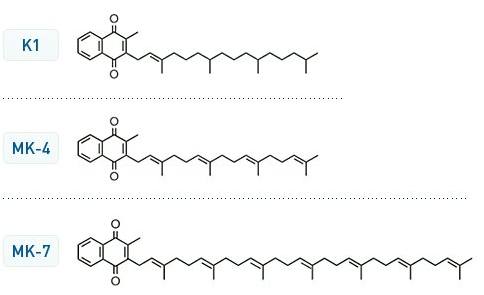
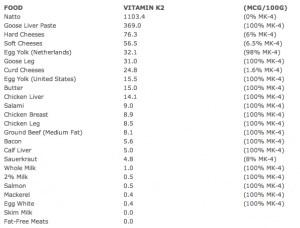
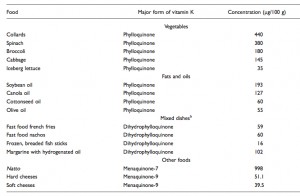

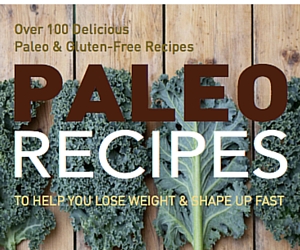
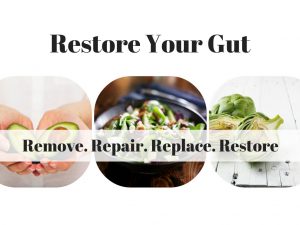
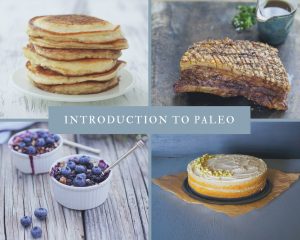
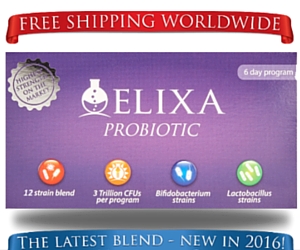
You must be logged in to post a comment.